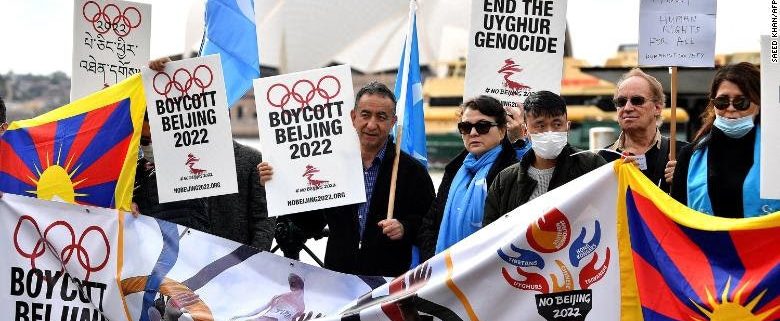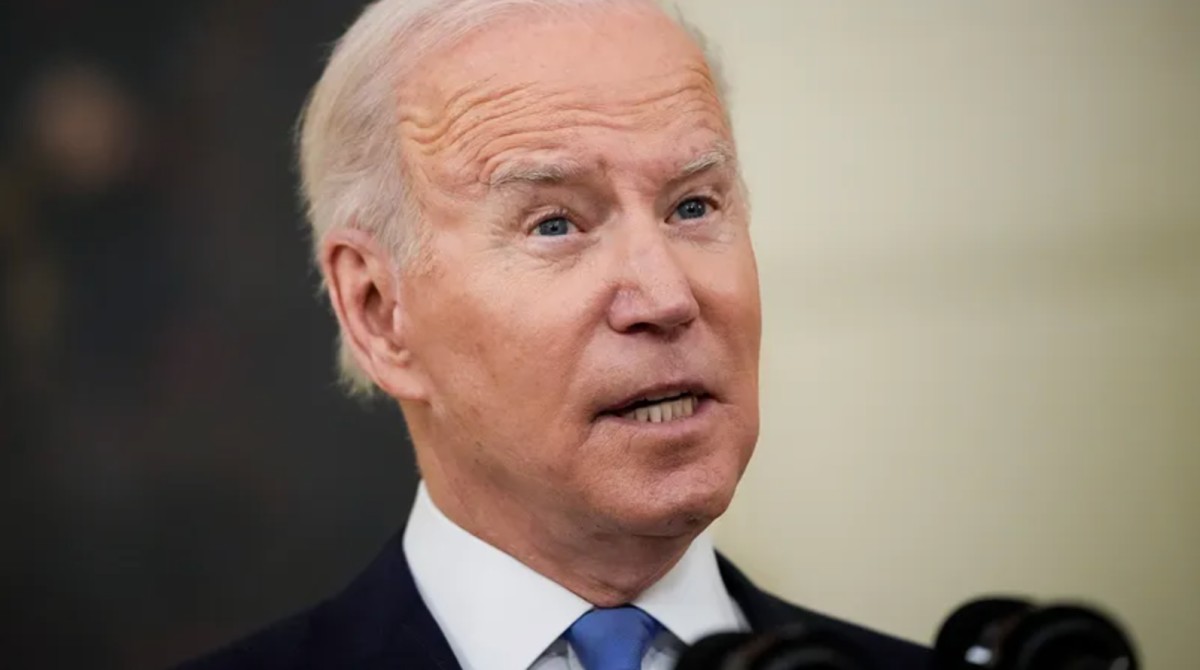Op Ed: The Oppression Olympics
Why the diplomatic boycott of the Beijing Winter Olympics is the exception that proves a rule.
This piece was first published on The Incision.
The Uyghurs, a Muslim minority community in China’s Xinjiang province, are facing genocide. There’s well-documented evidence of mass concentration camps, forced labor, sterilization campaigns, forced marriages, and more — all designed to destroy any semblance of ethnic or religious identity. A new analysis of Chinese state papers has demonstrated that the genocide goes all the way up to the very pinnacle of Chinese state leadership. Xi Jinping himself in 2014 ordered, “Those who should be seized should be seized, and those who should be sentenced should be sentenced.”
The Uyghur genocide is a stain on the global conscious. Meanwhile, China is preparing to host its second Olympics in 14 years just as Xi has consolidated power. Last month, the Chinese Communist Party Central Committee elevated Xi in a move that could keep him in leadership for long into the future.
These Olympics, like all international sporting events, are about more than just athletics. They’re an opportunity for the Chinese government — namely Xi — to flex their muscle on a global scale. Beyond the medal count, they aim to showcase the quality of their infrastructure, their COVID-19 response, and their global influence as they host. Which is why the Biden administration’s decision to issue a diplomatic boycott of the Games over the genocide in Xinjiang is an important move. Yet U.S. efforts to sanction powerful governments over their human rights abuses are so rare as to make this an exception that proves a rule.
It forces us to ask: why here, why now, and why not elsewhere?
High-level officials from countries around the world customarily attend the Olympic Games as a show of international goodwill. The diplomatic boycott would mean that no U.S. official would attend, though U.S. athletes will be allowed to compete under the flag. The boycott also forces American allies to follow suit or be seen as turning a blind eye to the Chinese government’s human rights abuses. Indeed, the U.K. and Canada have already announceddiplomatic boycotts of their own.
Make no mistake, the diplomatic boycott of these Olympic Games is an important step to holding the Chinese government accountable for its genocide against the Uyghurs.
But the broader context of the U.S. relationship with China and our country’s record on human rights abuses elsewhere paint it in a far less flattering light. First, this diplomatic slap in the face sits far short of the kind of action that really forces the Chinese government to bear the costs of their human rights abuses. Toward that end, the House passed a new bill that would ban imports from Xinjiang unless customs officers could verify that they were not manufactured at the hands of forced laborers. It also forces regular disclosures from companies doing business in the region. The bill now moves to the Senate, where it has broad bipartisan support.
However, comments from the Chinese Ministry of Commerce’s spokesman exploit an unfortunate central tension in our selective attention to human rights. Predictably blasting the bill, he called it another example of the U.S. “masquerading unilateralism, protectionism and bullying as concerns for human rights.” The U.S. record on human rights abroad fails to maintain any clear standard and our failure to take on human rights abuses elsewhere casts a long shadow over our country’s efforts to take on human rights abuse anywhere. While the suffering of the Uyghurs is profound and deserves a response, it’s too easy to cast aspersions on U.S. government activism for the Uyghurs as a convenient ploy to attack an emerging competitor for global power on the world stage than honest efforts to protect an oppressed ethnic minority.
Indeed, the U.S.’ decades-long history of coddling human rights abusers in Egypt, Saudi Arabia, and Israel are telling. It’s well known that Egyptian state security operated by the dictatorial regime in that country routinely uses arbitrary detention, sham trails, sexual assault, and other tools of intimidation to silence criticism. Yet rather than sanction Egypt, we prop up their military to the tune of billions a year. Jamal Khashoggi was murdered and dismembered at a Saudi Consulate in Turkey by a 15-man hit squad on orders directly from the very top of the Saudi government. The Saudi government runs on a foreign workforce who are routinely denied their basic rights. They have perpetrated war in Yemen that has caused mass famine, killing thousands of children. Instead of holding them accountable, we have subsidized their military. Israel maintains an illegal occupation of Gaza, East Jerusalem, and the West Bank that relies on economic blockade, forced removal, and regular state violence.
While I applaud the Biden administration and Congress for their action on the genocide in Xinjiang, I have to ask: why aren’t we pursuing similar actions against ostensible allies who are violating human rights, as well? My point here is not that the U.S. shouldn’t be doing all it can to hold the Chinese government accountable — indeed it must do more. We should be doing all we can to hold human rights abusers accountable around the world.
Our commitment to our ideals shouldn’t end where our foreign policy interests begin. Rather, our foreign policy interests should begin with our ideals.





















2021
1,386 views
views
0
comments